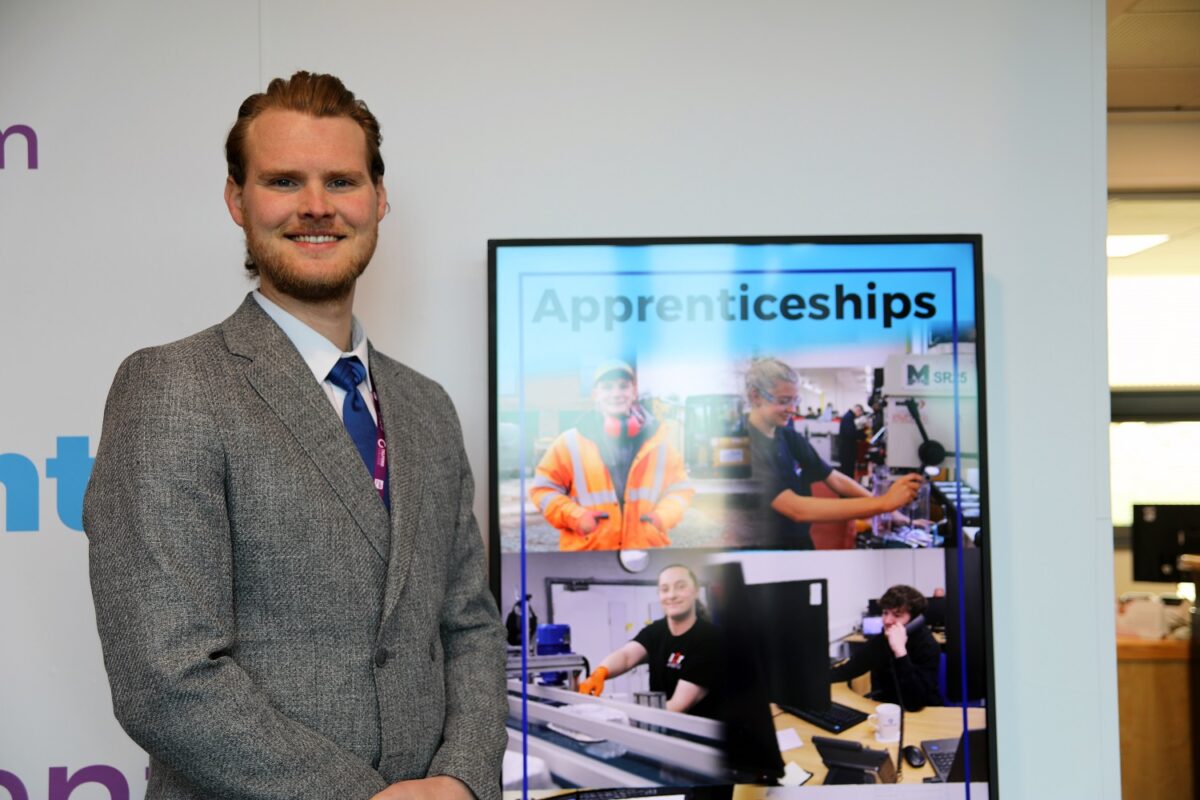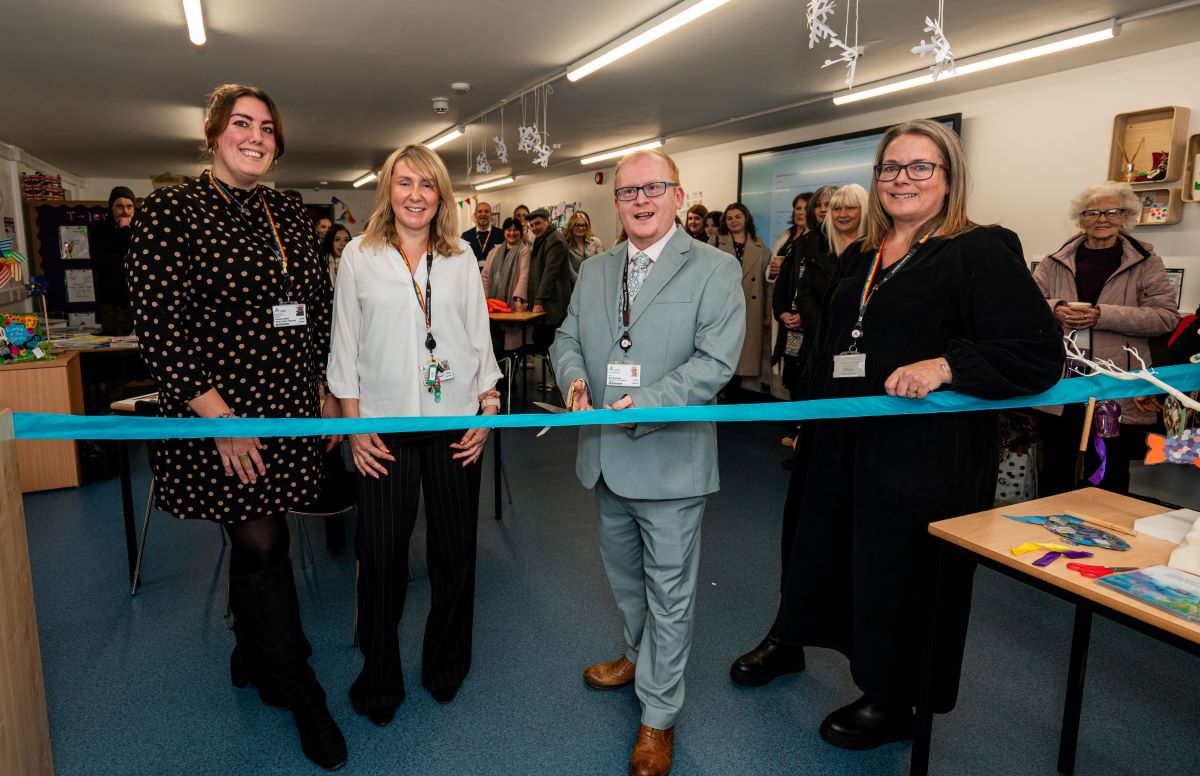We’re lagging other countries on skills. We must do better.

The next government needs to set us on the right path for prosperity and fairness as we head toward the 2030s.
Learning and Work Institute’s new Ambition Skills programme, supported by City and Guilds and NOCN, aims to develop a plan to put learning, skills and employment at the heart of that path of prosperity through to the 2030s.
State of the nation
Our first report sets out the state of the nation and doesn’t make for happy reading. It’s well known that the UK’s skills base lags behind many other countries, particularly for lower and intermediate skills.
Our new analysis suggests we’re on track to continue to stagnate or even fall further behind others unless we change.
Of the 39 OECD countries, by 2035 we are on track to be:
- 12th for low qualifications, up from 13th today
- 29th for medium qualifications, A level equivalent, unchanged from today
- 10th for higher education qualifications, down from 6th today.
In a world where skills are becoming ever more important for prosperity and opportunity, this is not a record to be proud of.
It’s worth reflecting on the higher education debate too. Some argue we should have fewer people going to higher education, but other countries are on track to overtake us. What stands out in this country is not the numbers gaining higher education qualifications, but the predominance of 18 year olds doing three year, full time undergraduate degrees. We need more routes for people of all ages to access higher education.
But our biggest shortfalls are at intermediate and lower levels. We’re on track for one in three adults to still only be qualified to GCSE or equivalent level or below by 2035. Not only does this not compare well internationally, where more people are progressing to intermediate level, it doesn’t match how the skills needs of jobs and employers are changing.
We are increasingly becoming a level 3 economy – that’s the bar for more and more jobs – bringing the risk that too many people are going to be locked out of too many opportunities.
Decade of Decline
Why are we falling behind? That’s easy enough to answer – the Government and employers have cut their investment while other countries continue to power ahead. The Government is spending £1 billion less on skills in England than in 2010. That equates to £1.72 per adult per week – you can’t even get a flat white for that. Meanwhile employers are spending half the EU average on learning, down 26% per employee since 2005.
The result is that adults in England have gained seven million fewer qualifications than if participation had stayed at 2010/11 levels. That includes 2.1 million missing English and maths learners and 2.3 million missing level 2 learners. Think for a moment of the lost opportunities of changed lives and careers those figures represent.
A Plan for Change
What do we do about this? The rest of the Ambition Skills programme will build a blueprint. But we know some of the things it must involve:
- Increasing investment in skills by both governments and employers, to reverse the cuts of recent years
- Making learning and skills a golden thread in other policy areas, so they can play their role in improving productivity, increasing health and wellbeing, and promoting active communities and citizenship
- Building a coherent system driven by people and employers and focused on impact, tackling the fragmentation and short-termism we’ve seen for so long.
It’s easy to lose heart after a decade of cuts. But the amazing work of learning and skills providers is making a difference every day. Our challenge is to work together to make the case for more investment and better policy. If we do that, our whole country will benefit.
By Stephen Evans, Chief Executive of Learning and Work Institute











Responses